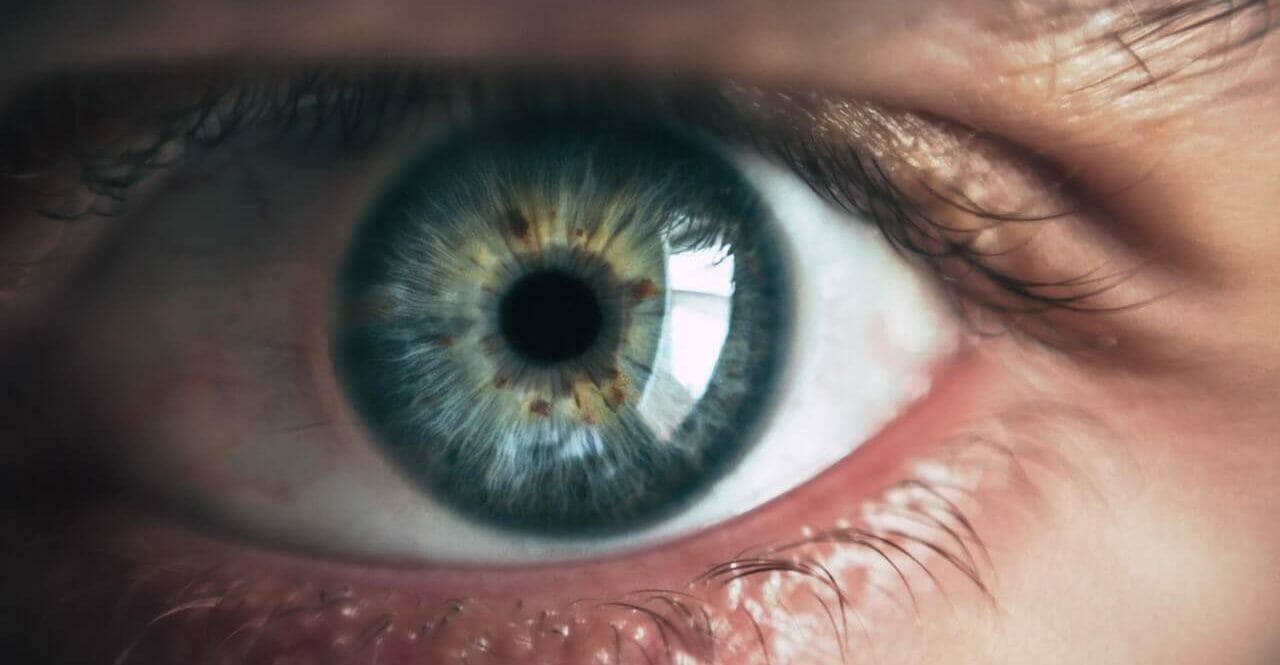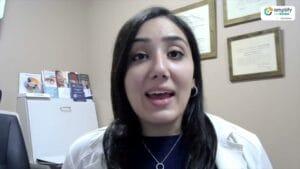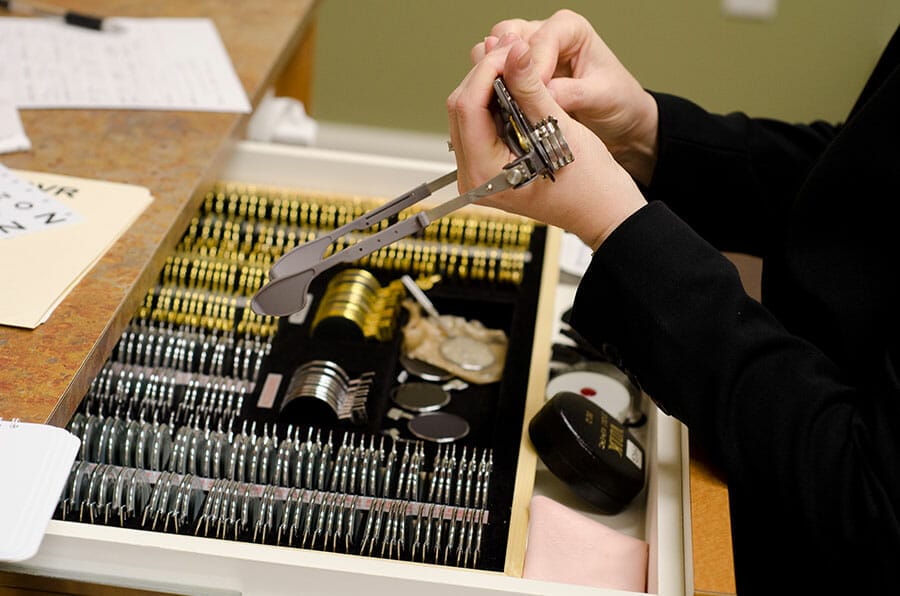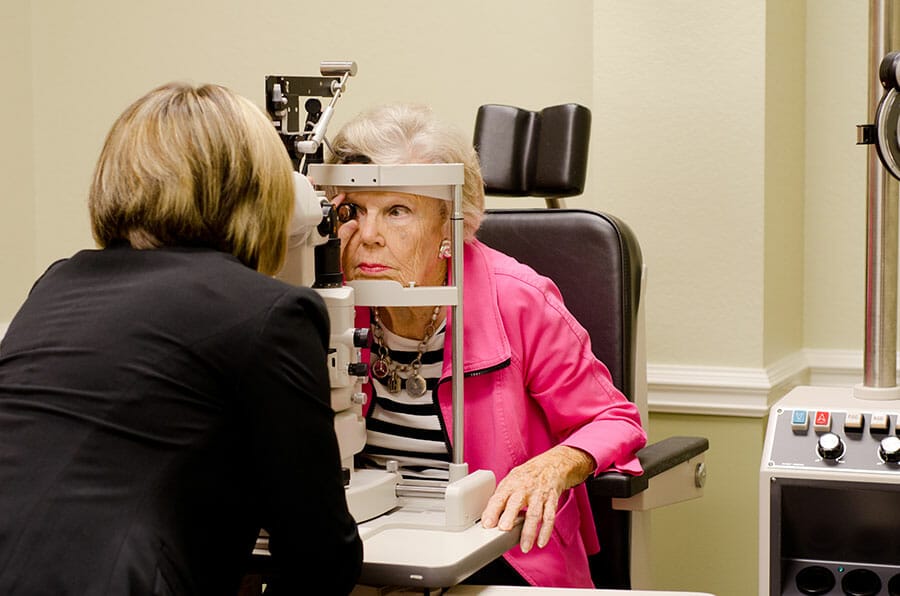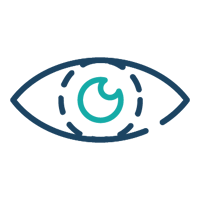That depends on several factors, including age, medical history, and lifestyle. Diabetics, the elderly, people taking steroid medications, and those with chronic ocular issues are high risk for serious conditions. So are those with high blood pressure, high cholesterol, heavy alcoholic drinkers, and heavy smokers. Certain ethnic groups are susceptible to vision disorders. People who engage in competitive physical sports, or work in industrial work environments at higher risk for injuries involving trauma to the region. Babies and toddlers (and their parents) are vulnerable to conjunctivitis, a common, (usually harmless) highly-treatable, contagious infection known as pinkeye.

